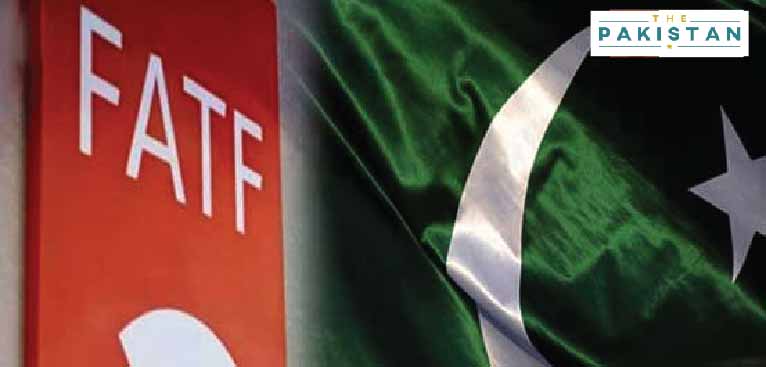
Govt, opposition to discuss NAB, FATF laws
Ever since Pakistan was greylisted by the global anti-money laundering and countering the financing of terrorism watchdog the Financial Action Task Force, the government has since huddled to increase vigilance and transparency in the financial institutions and transactions to avoid getting blacklisted that would have a detrimental impact on the already-suffering economy of the country.
Moreover, the government has also chalked out a plan to amend the laws governing the National Accountability Bureau to pacify the opposition parties which have raised a hue and cry at the victimisation faced over the institution’s excesses.
Towards this, the government has prepared draft amendments to the NAB laws, worked out a framework to streamline the framework to meet FATF guidelines which it will lay in front of the opposition parties to achieve a national consensus on the way forward.
The moot between the opposition parties and the government will take place on Monday when the two sides will ponder over the draft amendments to the NAB, FATF and the National Finance Commision.
A 24-member parliamentary committee will discuss the matter and point out any loopholes in the proposed amendments worked out by the government.
Speaking on the meeting, the Pakistan Mulsim League-N spokesperson said the party will not oppose any legislation to meet the FATF requirements, however it said the party will not allow any law curtailing the civil liberties of the general public to pass through the parliament.
Pakistan has been given a deadline to pass through requisite laws in line with the FATF’s proposed action plan before August 3 or else it will risk facing harsh consequences in the next plenary of the FATF committee.
The government has to work fast in passing through the key legislations from the parliament in the next few weeks or else it will face black listing from the global watchdog which will affect the country’s economy.
The government released a white paper on converting the Pakistan Post into a bank after the FATF raised concerns over lack of supervision on the remittances and money transferred through the postal service.



